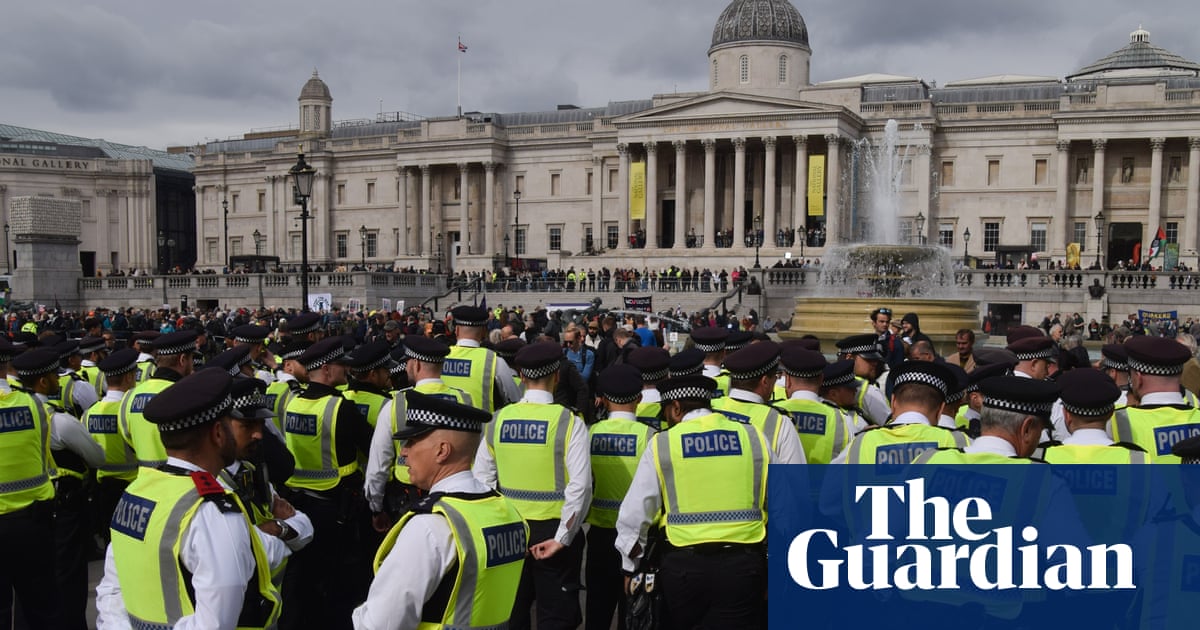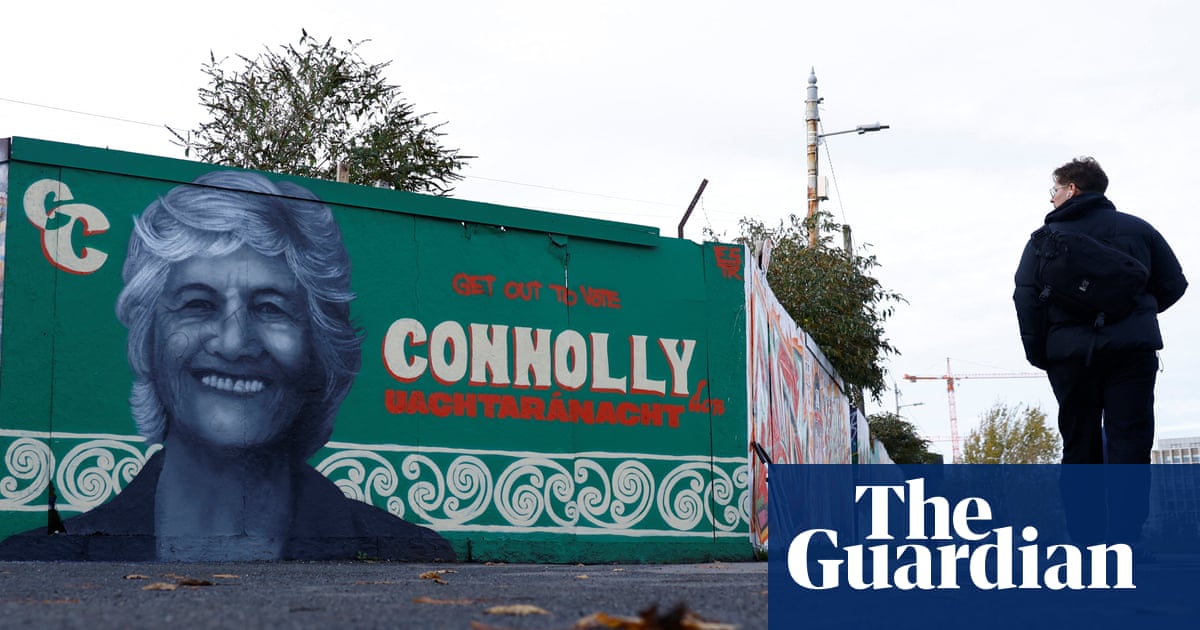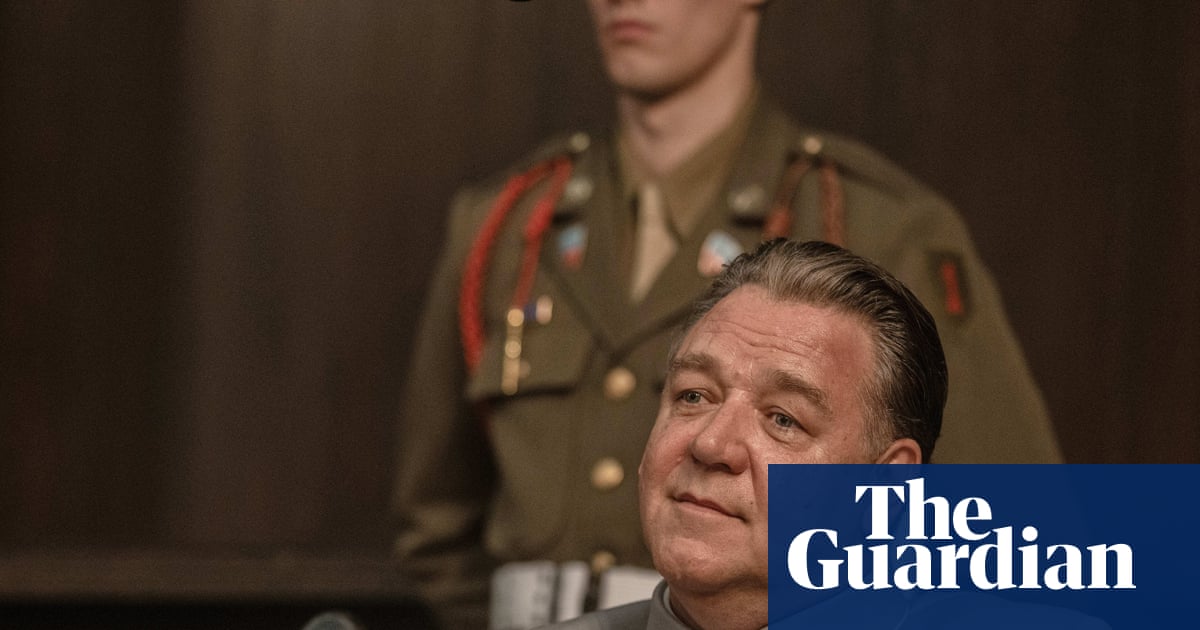Our perceptions of the first world war are greatly shaped by RC Sherriff. His 1928 trench tragedy Journey’s End, a drama for doomed youth, became a school play staple and has been filmed or televised, with degrees of looseness, six times, as well as explicitly being a model for Blackadder Goes Forth.
As can happen to authors of a classic, Sherriff suffered from his other output being overlooked, but the punchy above-pub Tabard theatre in west London has revived Home at Seven, a now forgotten 1950 success. In a curious parallel to the Blackadder link, Home at Seven’s main cultural prominence has been in Dad’s Army studies, as the play in which the Captain Mainwaring actor Arthur Lowe was touring the UK when he died in 1982.
Whereas Journey’s End takes place mid-battle, Home at Seven is set five years into peace – though everything is still inflected by the second world war. Assistant bank manager David Preston (Sam Ellis) was an air raid warden and serves on the committee of a social club with a Major (Karl Moffat) struggling to reproduce his significance during the hostilities.
At the titular time on a Tuesday evening, Preston returns to his Bromley house after an apparently routine commute. But he is convinced it’s Monday, and finds that his distraught wife – called on the cast list, in a dating detail, only Mrs Preston (Bridget Lambert) – has believed him missing for 24 hours.

Home at Seven premiered in London four years after JB Priestley’s An Inspector Calls and two years before The Mousetrap by Agatha Christie, whose murder mysteries were already a West End fixture. Sherriff seems to shadow both dramatists. One of numerous solutions of the plot – the audience is finally left to decide – is a Priestley-like time-slip. But, after a murder is reported, this may also be a whodunnit, with a cop interrogating shifty suspects including Preston.
Mysterious people are hard to play because, while the writer requires the audience to be unsure, an actor must decide at every moment what the character knows or is withholding. The superb Ellis facially and physically offers clues to when Preston might be confused or deliberately confusing others. Modern theatre dramaturgs and accountants would baulk at a brief last-minute appearance. But, taking advantage of mid-20th century largesse, Sherriff penultimately surrenders the stage to a barmaid, Peggy (impressive 2025 drama school graduate Maddie Crofts), whose clarification of events enjoyably further muddies them.
A sign of the play’s time is that the other professionals drawn by Preston’s mystery – a GP, detective and solicitor – are all white men of similar age, but Claire Evans’ production neatly treats them as a tribe, in which Andrew Williams, Greg Fitch and Jeremy Todd find individual lives. This welcome rediscovery suitably marks the 50th anniversary of Sherriff’s death and the 40th birthday of the enterprising Tabard.

 2 months ago
81
2 months ago
81

















































